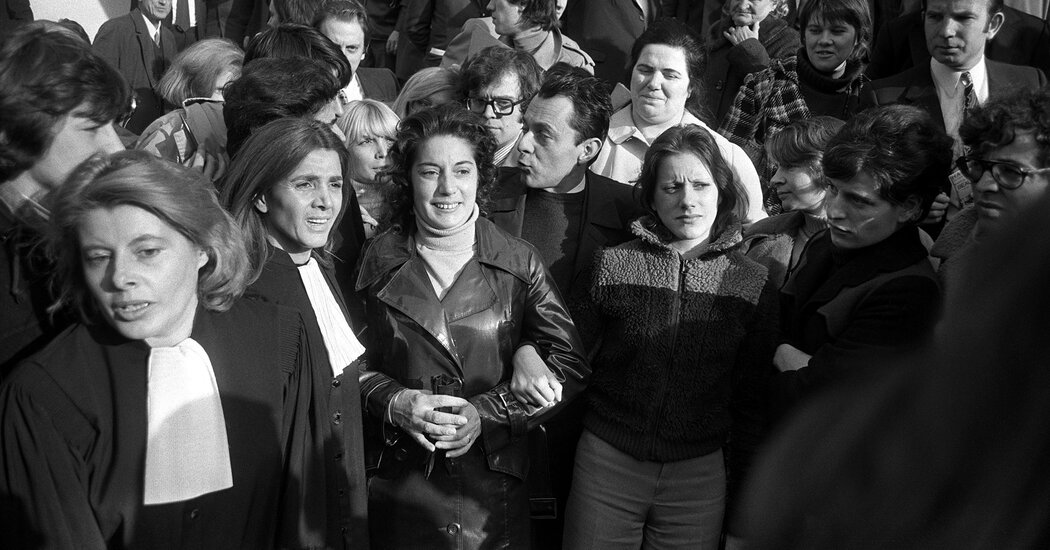
Marie-Claire Chevalier was born on July 12, 1955, into a working-class family in Meung-sur-Loire, near Orléans.
Her father was never part of the picture. Her mother, who was a ticket inspector for the RATP, the state-owned transportation company, raised her and her two younger sisters by herself.
In the 2019 interview, Ms. Chevalier described her clandestine abortion as “a second rape,” a gruesome and painful procedure that she said led to her hemorrhaging and being rushed to a hospital, near death.
She was in her 30s before she had sex again, she said. But she and her partner could not conceive, and she worried that the abortion had made her sterile. In 1988, she finally had a daughter.
In addition to her mother, she is survived by her daughter, three grandchildren and her two sisters.
She later worked as a child-care assistant and as a welder for the army. When she was about 40, she became a nurse, working in a hospital and a retirement home. In her final years, she lived alone with her many cats and two horses in the countryside.
“She died without ever asking anyone for anything,” her mother said in an interview. “She needed help, and she never contacted us.”
But she remains an inspiration to younger French feminists.
“Marie-Claire Chevalier has made us the most beautiful gift,” Céline Piques, the spokeswoman for “Osez le féminisme!” (“Dare to be feminist!”), said in an interview. That gift, she said, was to take on the cause of abortion rights “and to agree to be publicly exposed, with the consequences I assume it had on her personal life.”
